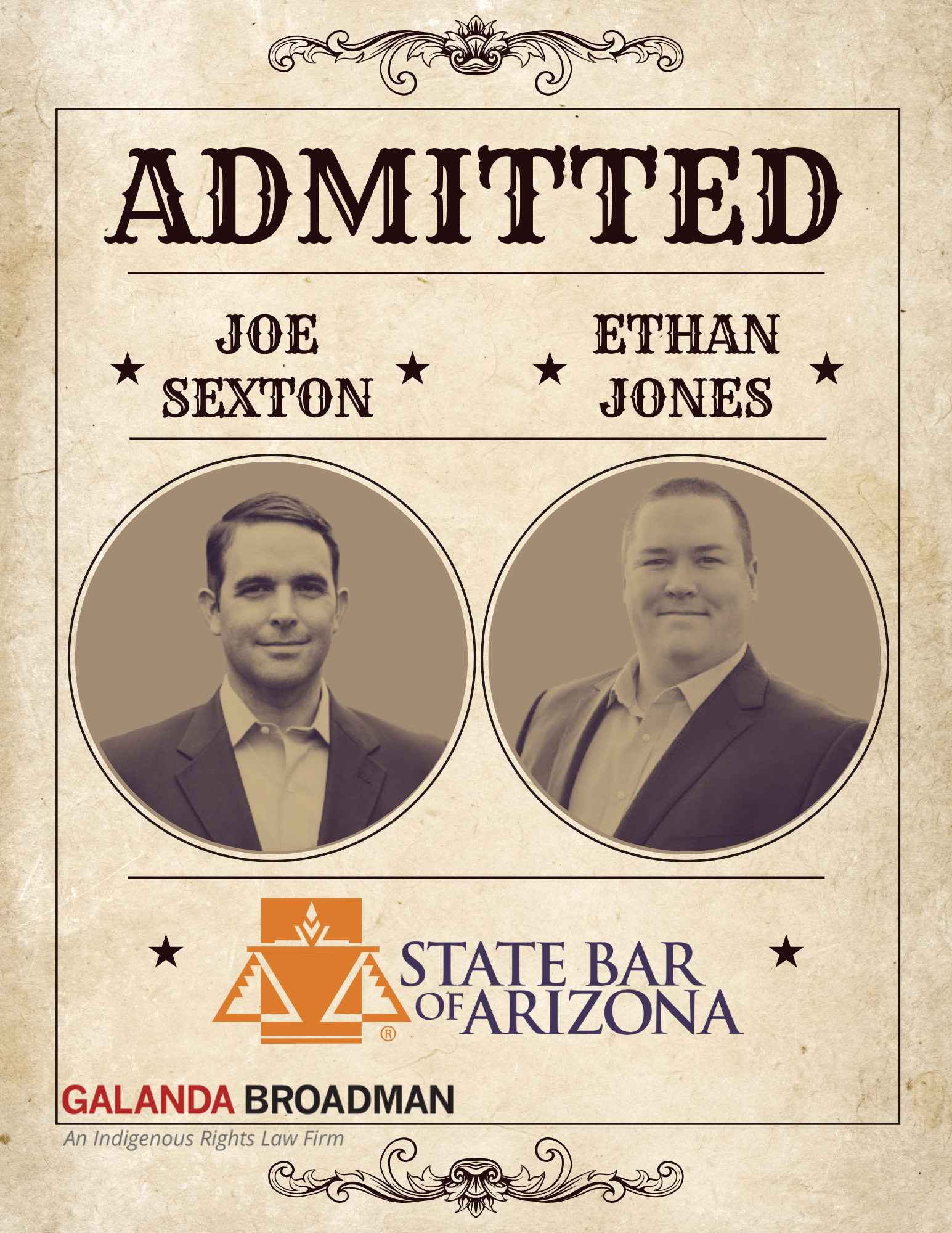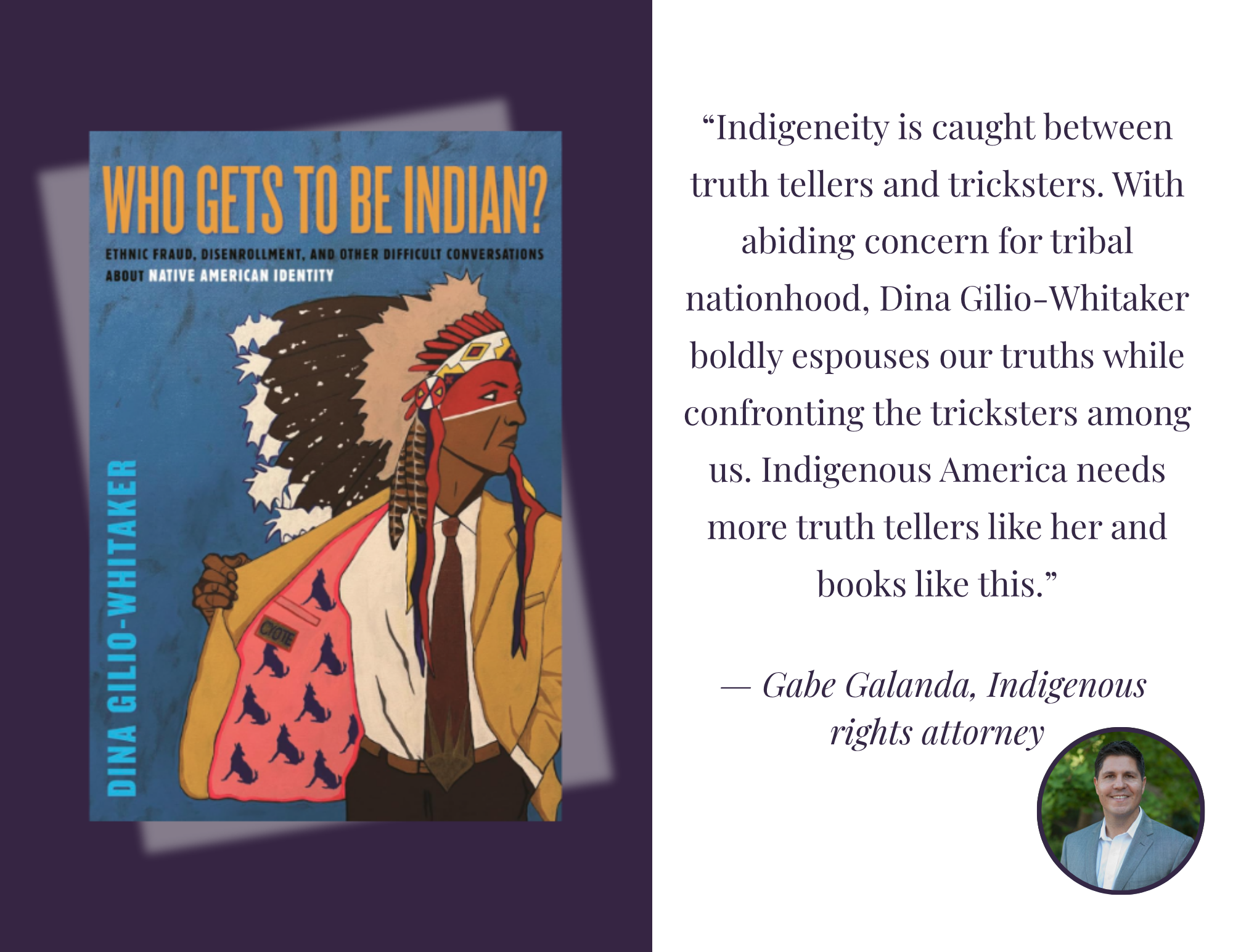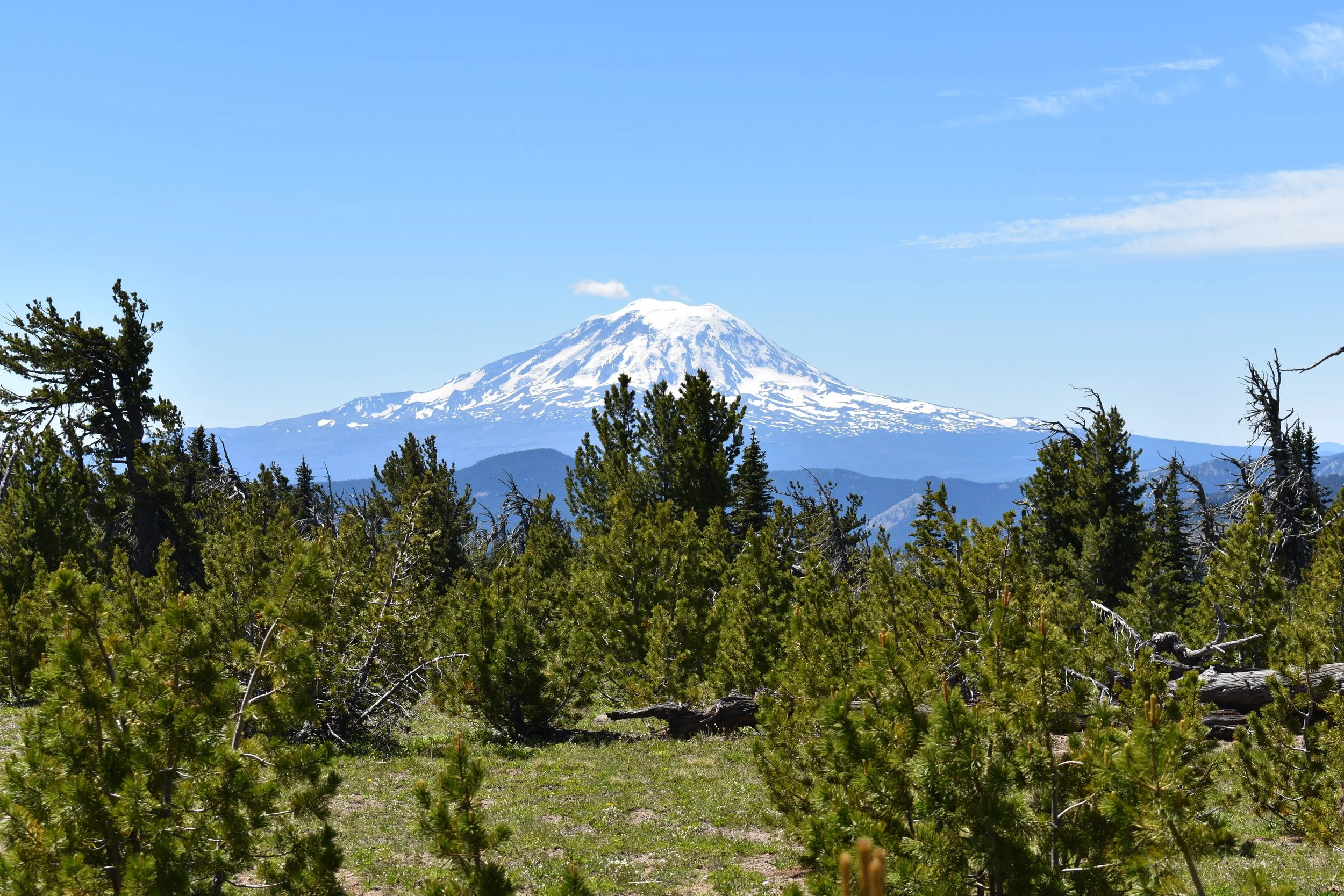By Jessica Ditmore
In 1998, forty-six states, five U.S. territories, and the District of Columbia struck a landmark settlement with four of the nation’s largest tobacco companies, aiming both to recoup smoking-related health care costs and curb the industry’s deceptive advertising practices.[1] The pact, known as the Master Settlement Agreement (“MSA”), was set to pay out $206 billion over the next 25 years, creating a revenue stream for the states.[2]
Despite Big Tobacco’s harm to Tribal communities, Tribal nations were not included in that pact and later Tribal attempts to receive a portion of the $206 billion under the MSA were unsuccessful.[3] But heeding the lessons of the MSA debacle, Tribal nations have since sued Big Pharma and recently secured financial settlements in opioid class action litigation.[4] Tribes have now set their sights on Big Tech.
Mirroring earlier battles against Big Tobacco and Big Pharma, Tribal nations have sued Meta, the owner and operator of Facebook and Instagram, to redress Tribal youth addiction to social media.
In the wake of the Ninth Circuit’s recent decision in NetChoice v. Bonta, Tribes now have a unique opportunity to legislate, bring litigation, and shape policy regarding Tribal youth social media consumption. In doing so, Tribes can work to protect the health and welfare of their people while seeking damages against social media companies that are inflicting harm to their communities.
State and Tribal Lawsuits Against Meta to Protect Youth and Fight Deceptive Corporate Practices
In October of 2023, a bipartisan coalition of state attorneys general filed a federal lawsuit against Meta for harming adolescent mental health and contributing to the youth mental health crisis.[5] The complaint alleges that Meta specifically uses design features to keep users on the platform, creating addiction and compulsive use.[6] Like tobacco companies in the late 1900’s, the complaint alleges that Meta deceptively downplays the harmful effects of its social media platforms.[7] Documents leaked from within Meta by a whistleblower show the company has known about, yet hidden, the dangers of its platform for years.[8]
Over the last few years, families have brought suit in what has morphed into multi-district litigation (“MDL”) against Meta.[9] Most recently, several Tribal nations have also filed complaints against Meta.[10] For example, the Chickasaw Nation of Oklahoma sued Meta for damages for deliberately targeting adolescents through addictive algorithms and other harmful practices, which have disproportionately impacted vulnerable Tribal youth.[11]
All of the Tribal complaints highlight efforts the Tribal plaintiffs have put into their health and welfare programs and the additional strains the mental health crisis is causing their communities.[12] The complaints allege claims for racketeering, public nuisance, fraud, negligence, product liability, failure to warn, and unjust enrichment.[13]
Current Legal Status of Legislation to Protect Children from Addictive Social Media Feeds
In September, the Ninth Circuit published an opinion that affirmed an injunction against addictive algorithms under California’s SB 976, “Protecting Our Kids from Social Media Addiction Act”[14] The Act limits “addictive feed”—which is defined as media “generated or shared by users are, either concurrently or sequentially, recommended, selected, or prioritized for display” based “on information provided by the user, or otherwise associated with the user or the user’s device”—by prohibiting Meta from using any information provided by a minor user to decide what content to show that individual.[15]
The Act also prohibits minors from seeing how many likes, shares, or other forms of feedback a post has received within a personalized recommendation feed, and requires minors accounts to be private.[16]
Netchoice, an internet trade association whose members include Google (which owns and operates YouTube), Meta, Nextdoor, Pinterest, and X (formerly Twitter) challenged the Act on First Amendment grounds.[17] The Ninth Circuit opinion granted an injunction against the portion of California’s law hiding likes, shares and other forms of feedback because that regulation was content based, thus strict scrutiny applied.[18] However, it affirmed the district court’s denial of an injunction for the addictive feed aspect of the law because Netchoice neither had standing, nor provided enough facts to support a facial challenge.[19]
Notably, the Ninth Circuit court rejected Netchoice’s challenge that the Act’s “addictive feed” standard was unconstitutionally vague.[20] The Act adequately defined “addictive feed,” and its exceptions were such that a person of ordinary intelligence could understand.[21] When discussing the First Amendment challenge to the regulation of the algorithms themselves, the Ninth Circuit noted that an algorithm promoting a platform’s own message is likely to be protected speech.[22] Although, an algorithm that “respond[s] solely to how users act online,” merely “giving them the content they appear to want,” probably is not expressive.”[23]
The Ninth Circuit could not yet determine if the algorithms at issue in Netchoice were more expressive than responsive because the facts had not been sufficiently demonstrated to support a facial challenge and Meta lacks associational standing for its as-applied challenge.[24] That decision may very well be for another day.
Tribal Legal Considerations Moving Forward
The NetChoice opinion is notable because it could weaken Meta’s First Amendment defenses to lawsuits brought by state attorneys general and Tribal nations over the addictive nature and misleading marketing of social media platforms. If the “addictive feed” algorithms are not considered messaging or protected speech, but instead a product function, it strengthens the argument that there are viable Tribal product liability causes of action for the harm these companies are causing Tribal youth.
As the MDL and Tribal complaints move forward, the Netchoice opinion strengthens the case for states and Tribes to consider passing their own consumer protection statutes against social media platforms, possibly mirroring California’s. With Tribes currently suing Meta under general tort theories and federal RICO statutes, Tribal youth protection laws could create an independent Tribal statutory cause of action to be brought in Tribal Court.
That would open questions of Tribal enforceability against Big Tech, including whether Montana I or Montana II exceptions apply.[25] Considering the health and welfare implications of regulatory schemes like SB 976, the application of Montana II over Tribal statutory corollaries seems strong, despite its sparing application.[26] If SB 976 ultimately withstands federal judicial scrutiny, Tribal nations will have even greater opportunity to protect Tribal youth and hold Meta and Big Tech to account for harm to those young ones.
Jessica is an associate attorney at Galanda Broadman. Her practice focuses on representing Tribal governments and businesses.
[1] Master Settlement Agreement, Settlement Agreement Between the Attorneys General of 46 States and the Participating Tobacco Manufacturers (Nov. 23, 1998), available at https://web.archive.org/web/20080625084126/http://www.naag.org/backpages/naag/tobacco/msa/msa-pdf/1109185724_1032468605_cigmsa.pdf.
[2] Id.
[3] Public Health Law Center, Roadmap to a National Settlement Agreement: E-Cigarettes (Mar. 2021), https://www.publichealthlawcenter.org/sites/default/files/resources/Juul-Roadmap-to-NSA.pdf.
[4] Abbie VanSickle, "Native American Tribes Sue Over Opioid Crisis," The New York Times, Feb. 1, 2022, https://www.nytimes.com/2022/02/01/health/opioids-native-american-tribes.html.
[5] State of Arizona, et al. v. Meta Platforms, Inc., et al., No. 4:23-cv-05448 (N.D. Cal. Oct. 24, 2023), https://cand.uscourts.gov/wp-content/uploads/cases-of-interest/InRe-SocialMedia-Adolescent-Addiction-Personal-Injury-Products-Liability-Litigation/MDL-3047-Multistate-Attorneys-General-Complaint.pdf.
[6] Id. at ¶¶ 1-6, 118.
[7] Id. at ¶¶ 6-7, 53.
[8] Id. at ¶ 594.
[9] Plaintiffs’ Second Amended Master Complaint (Personal Injury), In re Social Media Adolescent Addiction/Personal Injury Products Liability Litigation, No. 4:22-MD-03047-YGR (N.D. Cal. Dec. 15, 2023), https://cand.uscourts.gov/wp-content/uploads/cases-of-interest/InRe-SocialMedia-Adolescent-Addiction-Personal-Injury-Products-Liability-Litigation/MDL-3047-Personal-Injury-Plaintiffs-Second-Amended-Master-Complaint.pdf.
[10] Native News Online Staff, The Chickasaw Nation Sues Social Media Juggernauts, Native News Online (Sept. 26, 2025), https://nativenewsonline.net/health/the-chickasaw-nation-sues-social-media-juggernauts.
[11] The Chickasaw Nation of Oklahoma v. Meta Platforms, Inc. f/k/a Facebook, Inc. et al, No. 3:25-cv-07846-YGR (N.D. Cal. Sept. 15, 2025), https://www.pacermonitor.com/public/case/60157049/The_Chickasaw_Nation_of_Oklahoma_v_Meta_Platforms,_Inc_fka_Facebook,_Inc_et_al, https://turtletalk.blog/2025/09/17/chickasaw-nation-sues-social-media-platforms/.
[12] See id. at ¶¶ 15, 24-26.
[13] See id. at ¶¶ 304- 393.
[14] NetChoice, LLC v. Bonta, 23 F.4th 1048 (9th Cir. 2024), https://cdn.ca9.uscourts.gov/datastore/opinions/2025/09/09/25-146.pdf.
[15] Id. slip opinion at 9, citing 2024 Cal. Stats. ch. 321, SB 976, 2023–24 Reg. Sess. (Cal. 2024) (codified at Cal. Health & Safety Code §§ 27000–07).
[16] Id.
[17] NetChoice, LLC v. Bonta, slip op. at 12.
[18] Id. at 23.
[19] Id. at 39-40.
[20] Id. at 36-37.
[21] Id.
[22] Id. at 18; see TikTok Inc. v. Garland, 604 U.S. __, 145 S. Ct. 57, 72 (2025); Moody, 603 U.S. at 731 (discussing Arkansas Ed. Television Comm’n v. Forbes, 523 U.S. 666, 674 (1998)); see also id. at 732–34, 738.
[23] Id. (citing Moody, 736 n.5); accord id. at 746 (Barrett, J., concurring).
[24] Id. at 32-33, 39-40.
[25] Montana v. United States, 593 U.S. 345, 565-566 (1981).
[26] United States v. Cooley, 593 U.S. 345, 354 (2021) (quoting Plains Commerce Bank v. Long Family Land & Cattle Co., 554 U.S. 316, 330 (2008)).
















